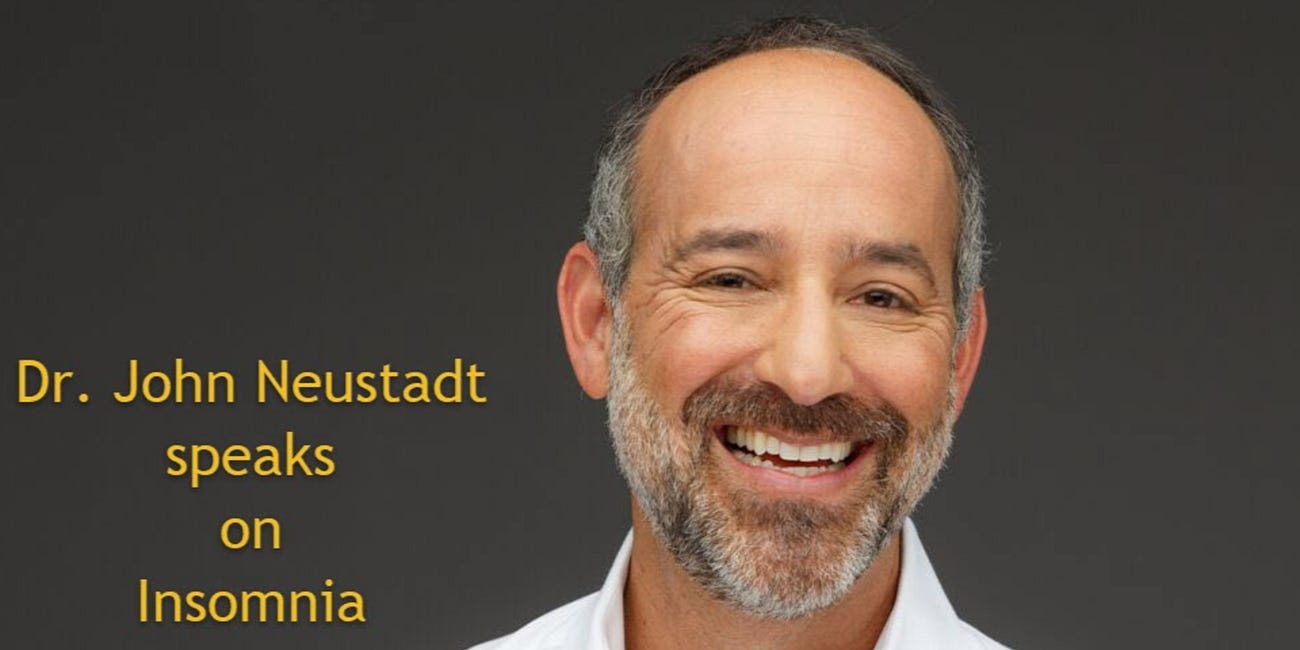A system, an approach, a mode that is resilient is far better than a pill or gimmick to get you to sleep. Sure, there are times when we need insomnia support. Especially in acute grief or acute life events that blindside us. In those moments, all the world’s sleep hygiene didn’t do much good.
But what about the rest of the time?
Is there a softer and more focused approach to life that will drip by drip lead to restful sleep?
Yes, that is sleep hygiene, an approach to life that promotes good sleep. During the day, we make microdecisions and microactions that directly influence our sleep.
Let's survey some of them.
Am I listening to my body’s natural sleep signals, or overriding them with stimulants, stress, or artificial light?
Stress
Chronic stress may lead to hypothalamic-pituitary-adrenal (HPA) axis dysfunction and sympathetic nervous system (SNS) hyperactivation, each of which has been shown to influence sleep architecture by decreasing time slept in SWS and increasing time slept in light sleep(Buckley and Schatzberg, 2005). Here is where my east coast roots always collide with my west coast living. On the east coast, they say “ Stress is part of life…get over it “. Yet, living on the West Coast was the first time I have ever heard someone say “ I have no stress”. I am not sure I believe that. The truth is it’s good to have some stress but not too much. If you have no stress, you are probably not growing. However, if it is not managed, it can chronically disrupt sleep. How can we embrace stress as part of life without being suffocated by stress?
Caffeine
Caffeine as a stimulant is known to cholinergic neurotransmission may primarily inhibit sleep and induce a compensatory shift in sleep architecture favoring light sleep. As does Nicotine. If these are your habits, at what time of the day can you stop them so they are not affecting your sleep?
Blue Light
Blue light emitted from screens significantly alters sleep architecture by interfering with circadian rhythms and melatonin production. Studies have shown that exposure to artificial light during the evening can lead to increased stage 1 sleep (light sleep), decreased slow-wave sleep, and an increased arousal index, leading to restless nights with frequent awakenings. (Ohayon & Milesi, 2016).
Have I optimized my Sleep Environment?
Is my bedroom optimized for darkness, cool temperature, and quiet? Research indicates that the ideal ambient temperature for sleep generally ranges from 18°C to 22°C (64°F to 72°F). The National Sleep Foundation advises a room temperature of around 18°C for effective sleep. (Qin & Brown, 2017). Maintaining temperatures within this range is crucial as it allows the body to effectively regulate its core temperature, which typically decreases during sleep (Okamoto-Mizuno & Mizuno, 2012). Sleep studies have demonstrated that when temperatures exceed this range, especially above 24°C, sleep quality can deteriorate, leading to increased awakenings and decreased non-REM sleep stages (Bhadra et al., 2023). A recent study in the UK y, based on field data of 750 UK homes, projected that more than 19% of the UK bedrooms (4.6 million) are overheated! (Bhadra 2013).
Is my bed associated only with sleep, or do I bring stress, screens, and mental clutter into it? This is about clarity and also air quality. If you sleep with the TV or phone by the bed or have stacks of magazines or newspapers in your room, will this impact your brain?

?
Your sleep quality
Am I measuring sleep quality (deep sleep, REM, wake cycles) rather than total hours? (FYI this is only measurable at home with temperature sensor capable wearables like an Aura ring)
How do meal timing, exercise, and caffeine intake influence sleep architecture? Eating late activates the digestive system, liver processes, and kidney function. Caffeine is a nervous system stimulant that affects sleep architecture. Moderate to intense exercise close to bed is another activity that may stimulate the nervous system.
Can I make micro-adjustments to optimize sleep cycles?
Am I resilient on nights of poor sleep?
I remember when my first child was born. One of my honest friends said, “ Congratulations, Adam. You won’t have a good night's sleep for 20 years.” There was some truth to that, especially for the first three years of each of my children’s lives. Yet, our response to a poor night's sleep can tell us a lot about our resilience.
How do I respond to poor sleep? Do I stress about it, or do I adapt to strategic napping and recovery?
How do I deal with insomnia in the middle of the night? Do I have a waking routine? Such as non-deep sleep rest protocol ( NSDR ) or sleep hypnosis?
Can I help myself when I experience situational insomnia? I published a free guide with some tips. You can also tune into the insomnia podcast we did with Dr. John Nuestadt below.
Download Free Natural Approaches To Insomnia
<div class="substack-post-embed"><p lang="en">Insomnia with Dr. John Neustadt by Adam Rinde</p><p>null</p><a data-post-link href="https://adamrinde.substack.com/p/insomnia-with-dr-john-neustadt-795">Read on Substack</a></div><script async src="https://substack.com/embedjs/embed.js" charset="utf-8"></script>
Insomnia with Dr. John Neustadt
If you have difficulty falling asleep, difficulty staying asleep, early morning awakening, restless or non-restorative sleep, it may be time start addressing this concern.





Really helpful article! Thanks!